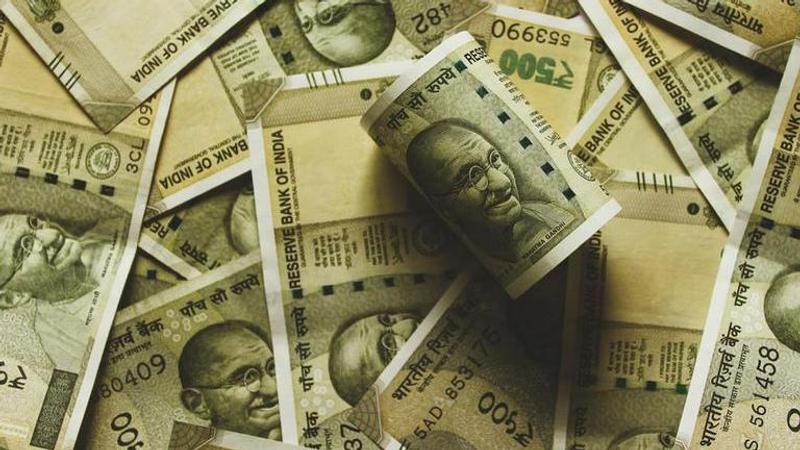Published 16:32 IST, January 5th 2020
US-Iran tensions: Why it may not be good for India's economy
The rising tensions between the US and Iran may not be the best thing for India right now as US pulled off a dramatic airstrike in Tehran, killing Soleimani.

The rising tensions between the United States and Iran may not be the best thing for India right now after US pulled off a dramatic airstrike in Tehran by killing its top military commander Qassem Soleimani along with other soldiers. Apart from the fact that Iran currently hosts nearly eight million Indians, what makes India's position more crucial amidst the chaotic exchange of threats between US and Iran is that Tehran helps New Delhi in meeting nearly 90 per cent of its oil requirements.
As per international media reports, immediately after the attack on January 3, the international benchmark Brent crude jumped from four per cent to 69.50 per cent. Iran has not only vowed to retaliate for the assassination of its main soldiers by US but in response, US President Donald Trump has also warned that Washington has targetted 52 cites in Tehran. However, the entire situation poses two major dangers for India other than usual destabilizing effects of any outright war in the region.
First, effecting the millions of Indians living and working in West Asia along with the vast majority in Arabian Gulf. Any conflict in the region puts several lives in danger. Back in the 1990's when Washington went to war with Tehran, New Delhi had to arrange an airlift for more than 1,10,000 Indian citizens.
Secondly, analysts also reportedly believe that Iran could respond to the atrocities in its nation by attacking the oil infrastructure in the Persian Gulf and the Middle East. Last year, an attack on Saudi Arabia's oil plants resulted in the disruption of its production severely. Any further shortage or breaches on oil facilities could hike the petrol and diesel prices in India.
Considering the prevailing situation, the Ministry of External Affairs (MEA) called for calm and restraint. The MEA acknowledged the death of the senior Iranian official and asserted that peace, stability, and security of the region are of utmost significance to New Delhi.
India-Iran relations
According to the official website of Indian Foreign Ministry, India and Iran had signed a friendship treaty back in 1950 and since then the bilateral trade as grown massively making a business of $17.03 billion in the fiscal year of 2018-19. India imported $13.52 billion worth of goods mainly crude oil (around $12.11 billion worth of oil imports) and exported commodities worth $3.5 billion.
India is also severely dependent on Strait of Hormuz, a tiny span of water through which a quarter of the world's oil and third of its natural gas is exported or imported. Higher oil prices can also result in inflation in India in a country that is reportedly battling food prices. A senior emerging markets economist at Capital Economics reportedly said in a note last week that a US-Iran war could ' shave 0.5 per cent points or more' from the global Gross Domestic Product mainly due to teh collapse of Tehran's economy and the further impact on oil prices.
Read - Trump Steps Up Warning To Tehran; Says US Ready To Strike 52 Iranian Sites If Tehran Retaliates
(With inputs from agencies)
Updated 16:32 IST, January 5th 2020




